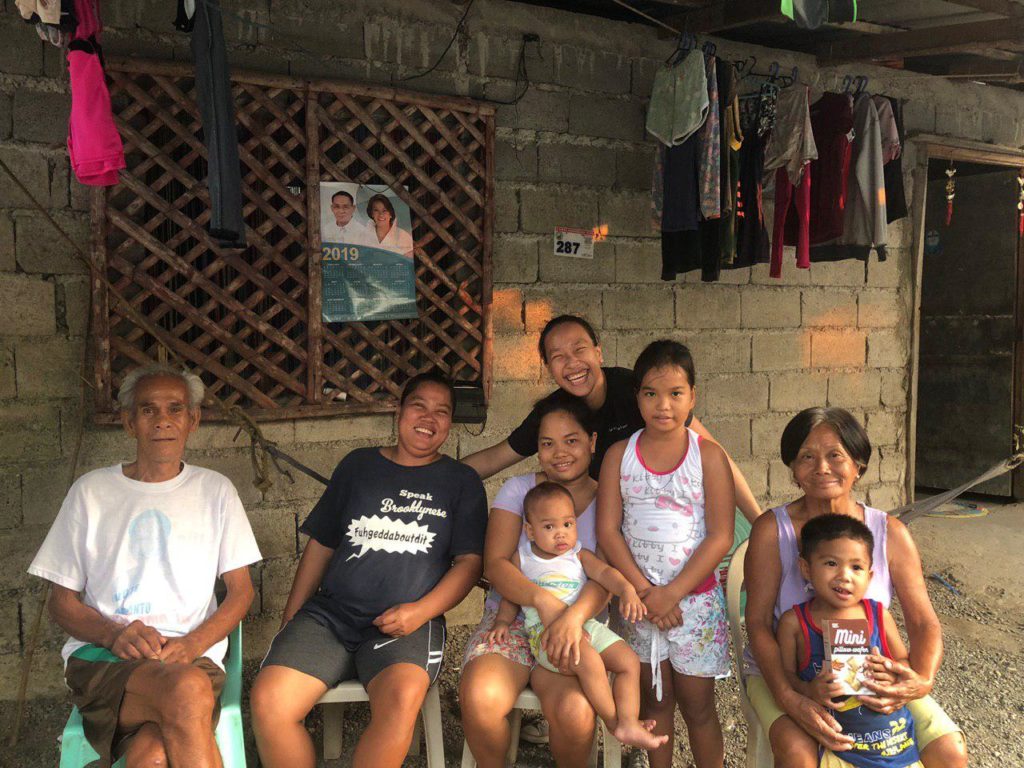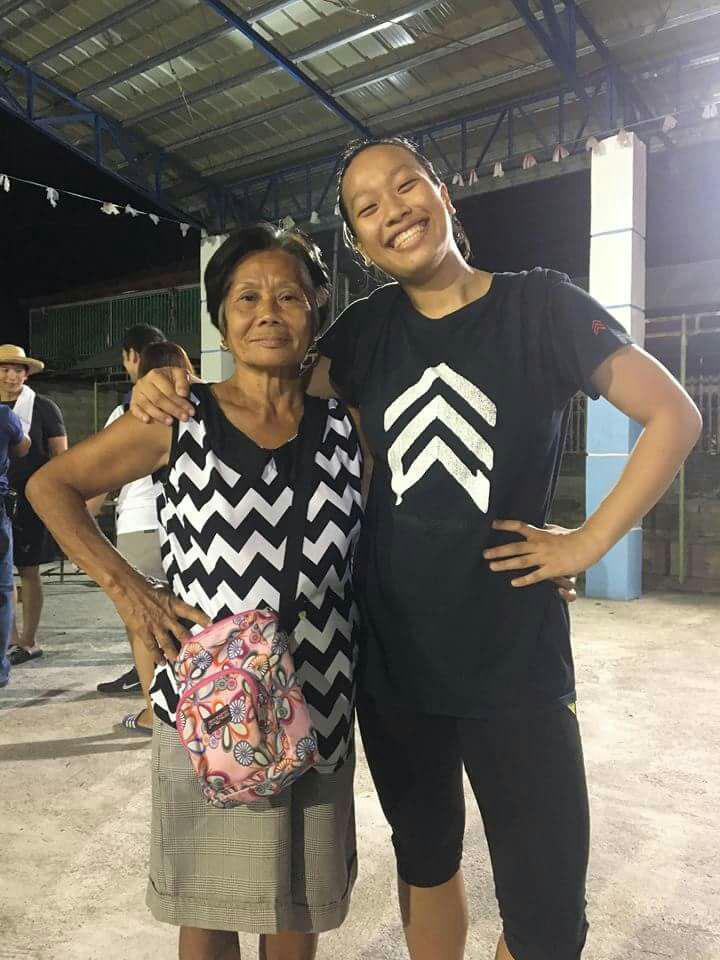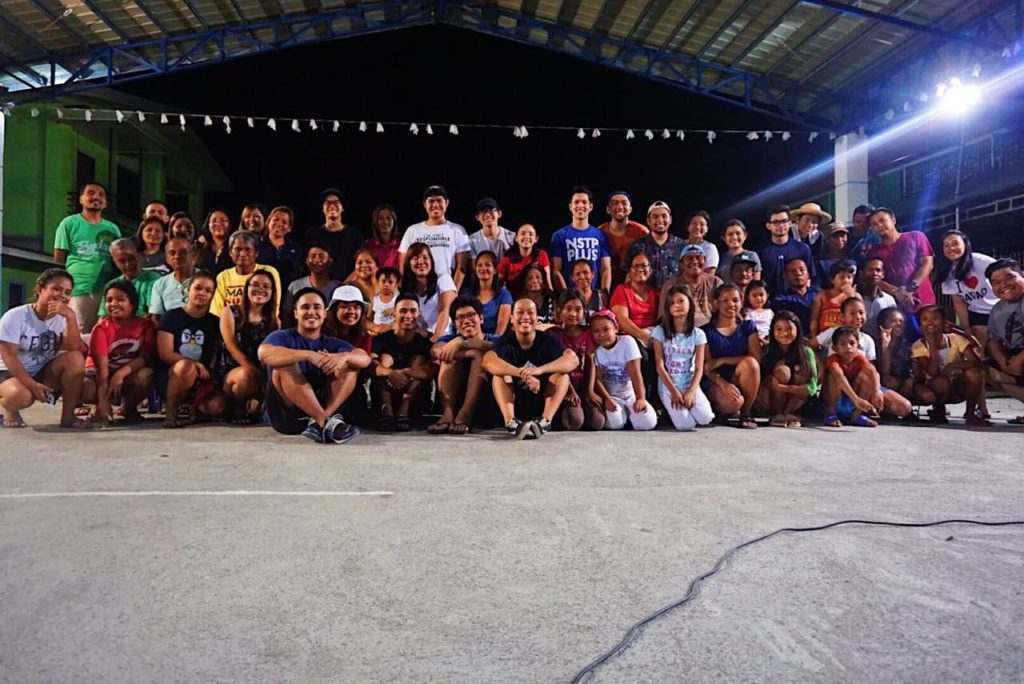As a Development Studies major, one thing I’ve always looked forward to ever since freshman year is doing fieldwork. Looking back, I knew I wanted to major in this course because I feel happy when I’m on the ground– working at the grassroots level. This kind of opportunity allows me to encounter people in the community and really get to know them on a deeper level.
Fast forward to Junior Year, my two major subjects required us to conduct a needs assessment in Rosales, Pangasinan. This objective is for us to gain a better understanding of the community, a deeper understanding of what their needs were, and what we could do. I considered it as a “test run” of the real world– an opportunity to figure out what we can do to improve the community’s current situation.
After two semesters and regular visits to the field, my group mates and I felt good about the progress we’ve made in terms of assessing the needs of the community. We were confident about our data and with the process we’ve done and as a final output, we were required to write a reflection of our entire fieldwork experience. We received a lot of positive feedback after the report and I felt that our group did a great job. But I guess I spoke too soon. One of my professors said that our project area, Rosales, came across more as a community composed of people who had their own problems rather than a community that’s going through a hard time. Sure, we felt inadequate in the first few visits, but we couldn’t grasp his comment. Did we not do enough? Did we not get the information needed from us? Because if the answers only point to yes, then it seemed that the relationships we’ve built with the people in the community did not matter to us at all. Along with this, he brought up our previous lesson on Martin Buber’s I-Thou versus I-It relationship, and mentioned that our report lacked “people” in it. It was all facts; efficient, yes, but there was no heart to it. The main question was– How did we encounter them?


L-R: My home away from home: Meet the Carolinos! | Matching tops with Nanay Carmen
Reflecting on it right after the report, I felt defensive. How dare he say that we treated the community as mere objects of our research, like things we can easily discard, when we’ve always made sure to visit and spend time with the families that fostered us? But then I thought long and hard about what he said. I tried to re-process the feelings we had after every community visit; the feeling like we still haven’t done enough. I realized then that our professor was right– that even with the best intentions that we had for Rosales, Pangasinan we still treated the people as objects. It may not be in the obvious sense but we treated them as mere objects of our research, as information-giving machines, as people we can only get data from. The main focus of our interaction was to gather data. We failed to give importance to the relationship we’ve built with the people. We did not spend time to appreciate them and thank them for treating us like their own children. Sadly, we’ve failed to see the bigger reason of why we’re there.

As Development Studies students, this was a tough pill to swallow because we’re always taught about the value of every person, that no matter who they are or where they come from, they deserve respect and love. Our job is to be one with them in their struggle and hopefully, be able to support them and fight with them in getting what they deserve as human beings, especially in a society that is unfair and unjust.
Good intentions aren’t always enough. It was a wake-up call and I’m glad it happened to me at a point in my life when I’m just starting to figure out where I want to place myself in the world. It was difficult, but it was necessary. To be the best version of one’s self takes work and a part of that is being conscious of who you are and how you treat other people. What this experience taught me is giving importance to every relationship I make. Spending time with people and getting to know them is not a waste of time. Relationships should not be established only on what you can do for each other, but it should be grounded on mutual respect for the other, of seeing the same value in that person that you see in yourself.
Published on September 4, 2019
By Mikee Turano, a current WYA Asia Pacific Intern







